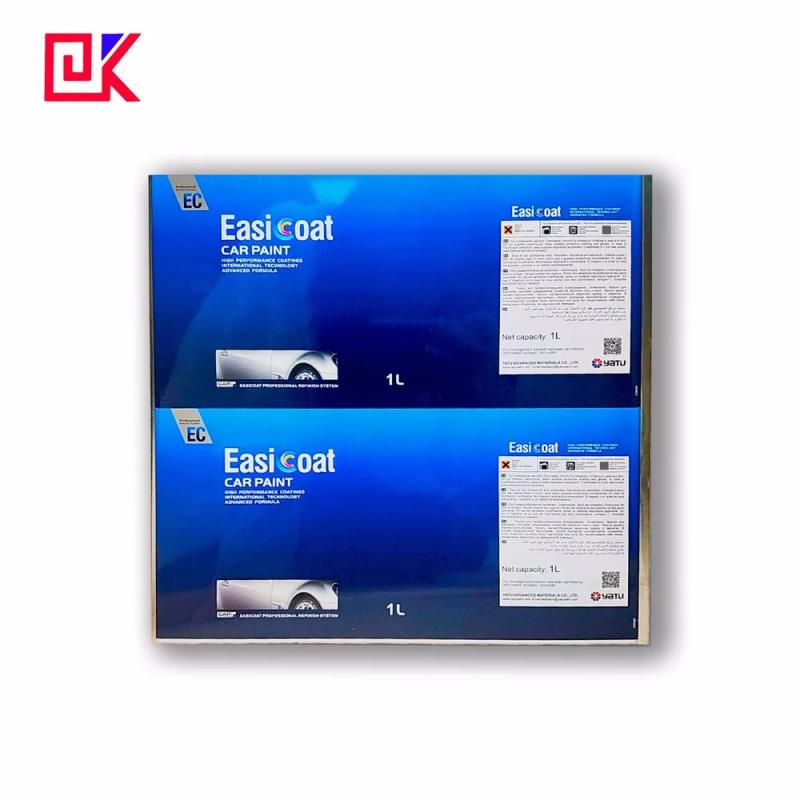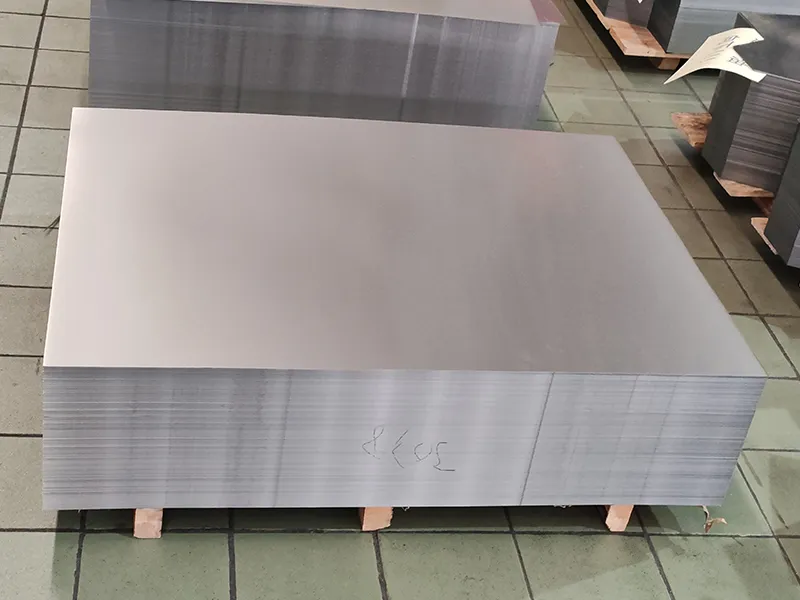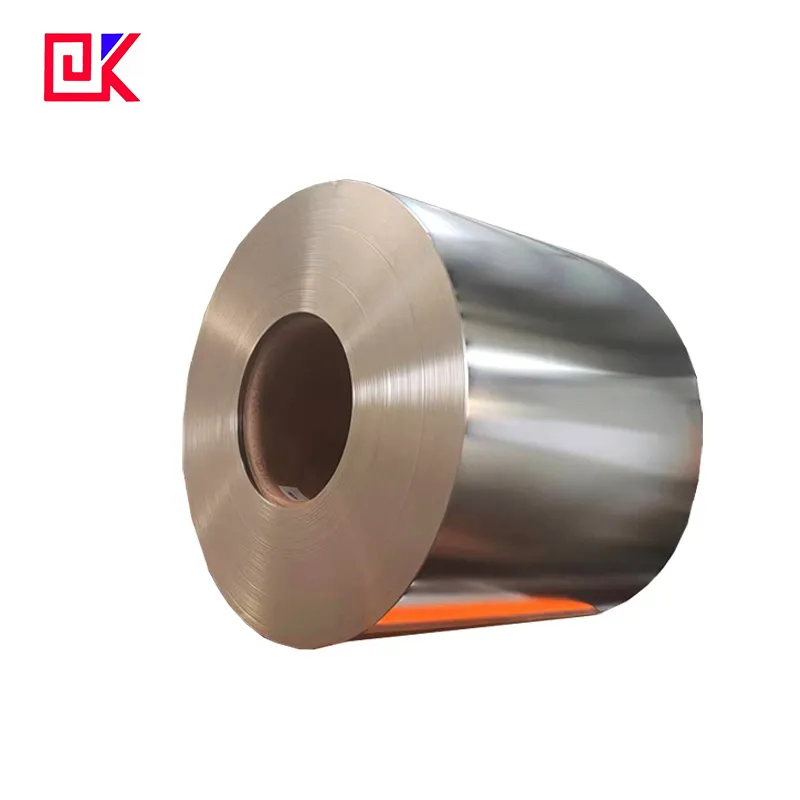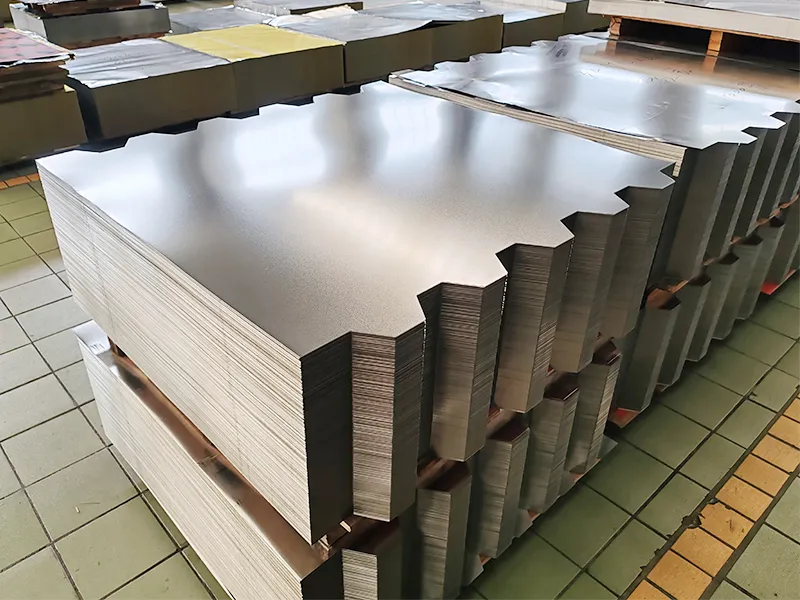Tinplate cans are favored for packaging in the fields of food, beverages, cosmetics, etc. due to their corrosion resistance, strong sealing and excellent protective effect. However, many people may wonder how long the shelf life of tinplate cans is when using and storing them. As a key protective barrier, how does the life of the tinplate layer on the surface of tinplate cans relate to the overall shelf life of tinplate cans? This article will conduct an in-depth analysis of the shelf life of tinplate cans, the life of the tinplate layer and its relationship with product protection.

How long is the shelf life of tinplate cans in general?
1. Does the material structure of tinplate cans determine the length of the shelf life?
The main material of tinplate cans is tin-plated thin steel plate, which has both the strength of steel and the anti-corrosion performance provided by the tinplate layer. Generally speaking, tinplate cans have a long shelf life, usually more than two years or even longer, but the specific period still depends on the use environment of the can. If tin plate cans are placed in a humid, highly acidic or alkaline environment, the tin coating may be affected, thus shortening the overall shelf life of the can. On the contrary, in a dry, moderately warm environment, the shelf life of tinplate cans will be significantly extended. Therefore, the material and storage conditions of tin plate cans jointly determine the length of the shelf life.
2. Is the shelf life of tinplate cans affected by the contents?
The characteristics of the contents in tinplate cans have a direct impact on the shelf life of the can. For contents with strong acidity or alkalinity, such as ketchup, sauerkraut and other foods, the tin coating of tinplate cans is easily corroded, thus shortening the shelf life of the can. If the inner wall of the can is not specially protected, the acidic contents will react chemically with the tin coating, which will directly affect the quality of the contents and the life of the can. For contents without acidity or alkalinity and low humidity, such as biscuits, tea, etc., the shelf life of tin plate cans is relatively long. Reasonable selection of content packaging will help extend the service life of tinplate cans.
3. Will damage during use affect the shelf life of the can?
The can may be damaged by external impact, scratches, etc. during transportation, storage or use. These damages will destroy the integrity of the tin layer, expose the internal steel to air and moisture, cause rust to form, and then affect the shelf life of tin plate cans. Especially for liquid or perishable contents, damage to the tin layer will expose the contents to a corrosive environment, thereby accelerating the deterioration of the contents. Therefore, preventing scratches and bumps on the surface of tin plate cans is an important measure to extend its shelf life.

How long is the life of the tin layer of tin plate cans?
1. Does the thickness of the tin layer determine the life of tin plate cans?
The thickness of the tin layer has a direct impact on the life of tin plate cans. Generally speaking, a thicker tin layer can better resist the erosion of external corrosive factors, thereby extending the service life of tinplate cans. The thickness of the tin layer is usually adjusted according to the application requirements of the tin plate cans. For example, food-grade cans usually use a thicker tin layer to ensure better corrosion resistance. At the same time, different tinning processes will also affect the compactness and uniformity of the tinning layer, and these factors will determine the life of the tinning layer to a certain extent.
2. What is the impact of the use environment on the life of the tinning layer?
The life of the tinning layer is significantly affected by the storage environment of the tin plate cans. In a humid or acidic environment, the tinning layer is more susceptible to corrosion, which shortens the effective period of its protective performance. Therefore, the tinplate cans should be stored away from humid environments to reduce the damage of corrosive factors. In addition, storage temperature is also an important factor. Extreme temperatures will accelerate the oxidation reaction of the tinning layer, causing the tinning layer to lose its protective effectiveness, thus affecting the overall life of the tin plate cans.
3. How does the quality of the tinning layer affect the life of the tin plate cans?
The quality of the tinning layer depends on the purity of the tinning material and the accuracy of the tinning process during the production process. High-purity tinning materials have stronger corrosion resistance, and advanced tinning processes can ensure that the coating is uniform and dense, thereby improving corrosion resistance. Therefore, the high-quality tinning layer of tin plate cans has a longer life. Low-quality tin-plated materials or imperfect processes may lead to defects in the tin-plated layer, which is prone to peeling or rusting in a short period of time.

What impact does the expiration of the tin-plated layer have on the shelf life of tin plate cans?
1. Will the failure of the tin-plated layer cause tin plate cans to rust?
Once the tin-plated layer fails, the tin plate cans steel will inevitably rust when directly exposed to air and moisture. The reason why tinplate cans have anti-corrosion properties is mainly due to the isolation and protection of the tin-plated layer. Once this layer of protective barrier is destroyed, oxidation and rust will quickly appear on the surface of the can. Therefore, the failure of the tin-plated layer will directly affect the shelf life of tin plate cans and accelerate the decay of the contents.
2. Will the failure of the tin-plated layer affect the safety of the contents in the can?
The failure of the tin-plated layer will not only affect the appearance of the tin plate cans, but also have a significant impact on the safety of the contents in the can. Especially for food, beverage and other packaging, if the tin coating is damaged, the exposed steel on the inner wall of the tin plate cans may react chemically with the contents, causing food deterioration or even the production of harmful substances. Therefore, the life of the tin coating is an important prerequisite for ensuring the safety of the items in the tinplate cans.
3. How to detect the effectiveness of the tin coating of tin plate cans?
In industrial production and quality inspection, the effectiveness of the tin coating is usually evaluated by means of coating thickness detection, corrosion test and other means. For individual users, you can preliminarily judge whether the tin coating is intact by observing whether there are signs of rust on the surface of the tin plate cans. Once rust or peeling is found on the surface, it means that the tin coating may have failed, and the contents should be avoided from being stored in the can for a long time.

What are the ways to extend the life of tinplate cans and tin coating?
1. Does keeping a dry environment help to extend the life?
Keeping the storage environment of the tinplate cans dry is one of the effective measures to extend its life. A dry environment can effectively inhibit the oxidation reaction of the tin coating and the steel of the can body and avoid rust. Especially in areas with high humidity, tinplate cans should be kept away from long-term exposure to moisture to protect the effectiveness of their tin coating.
2. Does regular inspection of the can help detect tin coating problems in advance?
Regular inspection of tin plate cans can help users detect wear or peeling of the tin coating in a timely manner, so that protective measures can be taken in advance. In particular, cans used to store food or liquids should be regularly inspected for spots or rust inside the cans. If abnormalities are found, the container should be replaced immediately to ensure the safety of the contents.
3. Does avoiding bumps and scratches help protect the tin coating?
Avoiding bumps and scratches on the surface of tin plate cans is an important measure to protect the tin coating. Mechanical damage will destroy the integrity of the tin coating, expose the steel to the air, and accelerate the rusting process. To avoid accidental damage to the tin coating, tinplate cans should be kept away from direct contact with hard objects when handling and storing.

